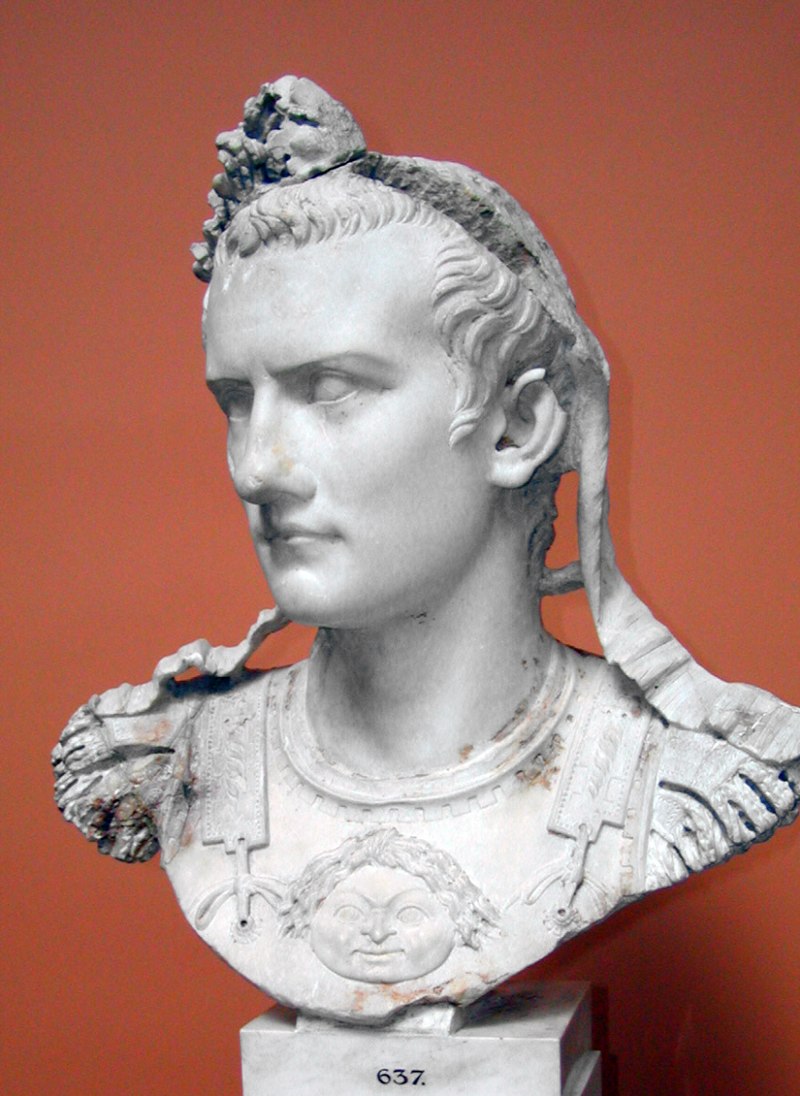
This week in 41 CE, a faction Roman leaders assassinated their emperor, Caligula. The emperor had oppressed the nobles and the Senate (though not necessarily the common people), so this was not the first plot against his rule. The trigger for this final and successful conspiracy isn’t entirely clear, but Caligula had recently announced plans to move his seat of power from Rome to Alexandria, in Egypt. That would have robbed the Roman elite of much of their power. Another theory suggests Caligula was just too dangerous, since he was mentally imbalanced and possibly insane. His enemies claimed Caligula considered himself a god – and not just holy and exalted, like the two Roman emperors before him, but actually a living deity, on par with Jupiter and Minerva. They also say he slept with his sisters, as gods do, made his horse a senator, declared war on Neptune, and worst of all, executed high-ranking Romans on a whim. Whatever the cause, a faction of the imperial Praetorian Guard and some senators attacked Caligula as he addressed a troupe of actors near his palace. Caligula’s more loyal German guard – foreigners from the wild lands of the north – arrived quickly to rescue the emperor, but too late: the conspirators had stabbed him 30 times. The conspirators also killed Caligula’s wife and young daughter, no doubt to avoid repercussions, but they did not catch the emperor’s old uncle, the lame, stammering scholar Claudius. Loyal member of the Praetorian Guard escorted Claudius to safety and soon proclaimed him emperor. So it fell to Claudius to execute the conspirators and restore order, and possibly sanity, to the Roman Empire.
Bust of Caligula image by Louis le Grand, used with permission under CC BY-SA 3.0

There is so much to learn from history …